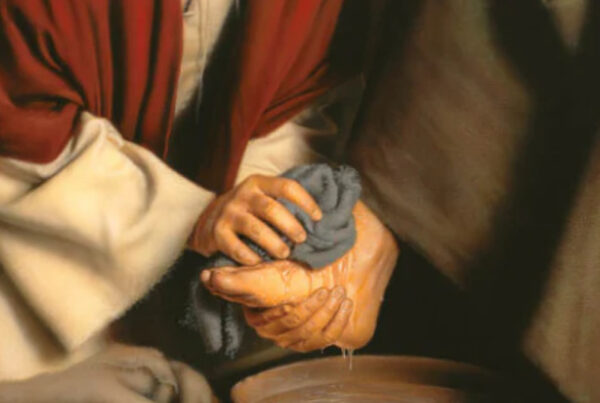Book of Micah: Chapter 2
In the last chapter, we learned that Samaria and Judah were guilty of Idolatry. As we watch, the Judge continues with the next indictment against the people, “For they covet fields, and take them by violence” (v.2b). These men were abusing their position of power and wealth for personal gain. Perhaps Micah was thinking about King Ahab of the Northern Kingdom (2 Kings 21) and his wife Jezebel when he delivered his message. Ahab tried to purchase the vineyard of Naboth; but, the owner wouldn’t sell it to him. Jezebel, his wicked wife, found Ahab crying on his bed. She took matters into her own hands. She bribed men who brought a false charge against Naboth and the people stoned him to death. Then, Jezebel went to Ahab and said, “See Naboth is dead. Go take his field”. Like many leaders today, King Ahab forgot that with privilege and power comes responsibility, and with responsibility brings accountability.
Then God pronounces the sentence on the second indictment. Israel will be utterly ruined, their possessions will be divided up and fields given to traitors (vv.3-5). Mosaic Law required that the land remain within families and the tribes of Israel. The land belonged to the Lord (Lev. 25:2), and He ‘leased” it to the people in return for their obedience to His law. If the family property was ever sold, it was only until the next Year of Jubilee when it returned to the original owners (Lev. 25:13-17). This arrangement helped stabilize their agrarian economy. Wealthy landowners in Micah’s day were determined to acquire large estates, even if this meant enslaving the poor to increase their profits. They didn’t care that they took away farms illegally and evicted families from their homes. They were obsessed with acquiring wealth without fear of man or God. They ignored the tenth commandment, “You shall not covet your neighbor’s house.. or anything that belongs to your neighbor”(Ex 20:17). One day they would reap what they sowed. They would be exiled and die in a land they had coveted and stolen from innocent people.
We should not deceive ourselves into thinking that greed is solely reserved for wealthy landowners. The sin of covetousness is like an infectious disease, rapidly spreading to every aspect of our lives; eventually affecting our relationships. Parents rob children of time and companionship by taking another job or working late, so they can buy more things. People rob God of tithes and offerings that are rightfully His (Ps. 50:21), so we can enjoy a better lifestyle (Mal. 3: 7-12). Scripture tells us not to worry about what we will eat, drink, wear, or where we will live. We should seek first God’s Kingdom and His righteousness; then God will supply all our needs (Matt 6:32-34). By focusing on what we possess, we often find it difficult to trust God. Throughout scripture, we are challenged to focus on God’s extravagant provision, remembering that much of His provision remains present, yet unseen. Today, you may find yourself overwhelmed by the lack of resources. Instead of focusing on what you need, God challenges you to seek Him, asking Him to meet your need. God is able to meet all your needs according to His vast riches! He can accomplish much more than we would ever dare to ask or hope (Eph 3:20).
The false prophets proclaimed peace and prosperity for the nation, providing the people consolation without conviction, resulting in a false hope. Conversely, conviction without consolation brings despair, like performing surgery without treating the wound. Micah exposed the sin and announced God’s judgment; but, he also weaved a thread of hope for the remnant that one day, God would bring together the remnant of Israel under the leadership of a righteous King (vv.12-13).
Key Verse:
“I will surely gather all of you, O Jacob, I will surely bring together the remnant of Israel.” ~ Micah 2:12a
Questions to ponder:
- In what way did greed and materialism lead to violence and oppression in the lives of the Israelites?
- Why did Micah’s message contain both conviction and hope? What would one without the other communicate to you? Which one are you prone to leave out when communicating the gospel message?


